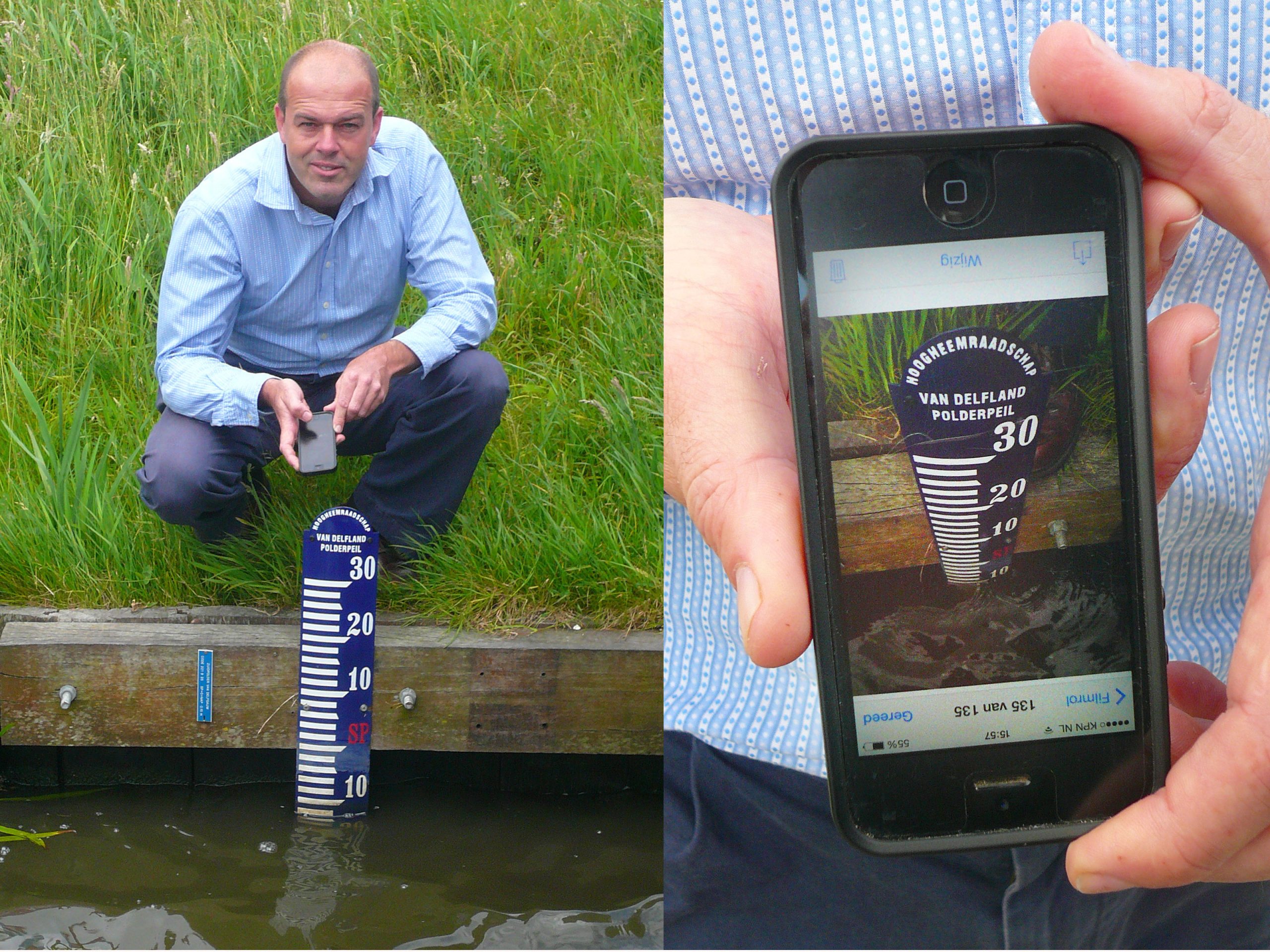TU spin-off MWM gets funding to introduce watermanagement by means of crowdsourcing in Mozambique.
Dr. Peter-Jules van Overloop is packing for Africa. This week his project to introduce smartphones for watermanagement in Mozambique got funding from RVO, part of the Dutch ministry of economic affairs.
He will bring in some hundred smartphones to monitor water levels, ground water levels and precipitation at 300 points in the domain of the local waterboard ARA Sul.
ARA Sul is the water authority in South-Mozambique. It oversees the operation of some major dams, gives out water rights and is responsible for water quality. Measuring and storing large water quantities is one of ARA’s main tasks. It governs an irrigation system that has the potential for 30 thousand hectares, of which currently only 10 thousand are served.
Van Overloop is associate professor at the faculty of Civil Engineering and Geosciences, founder of the spin-off Mobil Water Management (MWM) and team member of the NGO SmartPhones4Water. Last year he patented the use of smartphones to read water gauges. Just taking a picture with the proper app is enough. The server uses image-processing software to read the water level and stores the location from the joint gps data.
It’s a simple solution he developed after he noticed that most other forms of detectors, sensors or communication systems in the context of waterways fail because of moist, lightning, theft or vandalism. Simply taking a picture of a water gauge on the other hand is something anyone with a smartphone can do. “If you can take a picture of your nephew, you can measure water levels too”, Van Overloop says.
The smart technology behind it remains comfortably hidden. That not only applies to the already mentioned image-processing, but also to the datamanagement platform ‘Hydronet‘ that has been developed by Hydrologic, a company that has specialised in operational water management.
People are motivated to take the water pictures by means of micro payments in the order of half a dollar. The payment is variable and can be raised for remote or long forgotten measuring points. The higher bid up to 5 dollar will motivate someone to make a detour and cash the award.
Thus MWMexpects the waterboard in Mozambique to get regular readings for its 300 measuring points. As additional benefits, Van Overloop mentions that people will be more involved in water management and that the system will make measurements more frequent and cheaper.
In a slighlty different form the system has been in use with six regional waterboards in the Netherlands. Traditionally, an employee will regularly visit every measuring point and write down the water gauge in a paper notebook. Back at the office he will type the data in an excelsheet, which is then forwarded to his superior (who may well decide to type the data in another database).
In these circumstances, taking measurements by smartphone may reduce the costs by up to 90 percent.
Van Overloop will fly to Mozambique to set up shop at the end of June. Meinte Vierstra MSc. from Smartphones4Water will start to configure the measuring locations and start up the operations in September.



Comments are closed.